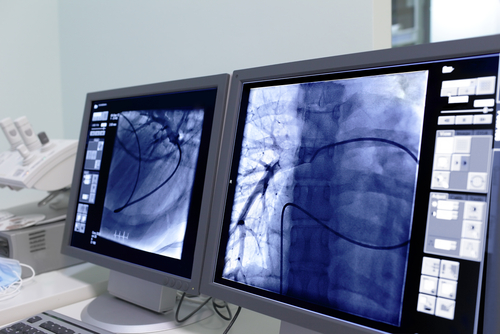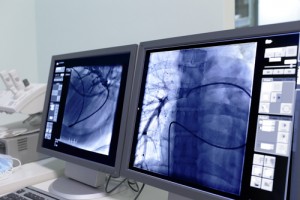NIH Supports Sorrento To Help Advance Possible Treatment For Idiopathic Pulmonary Fibrosis

 Sorrento Therapeutics, Inc., a company working on the development of new treatments for cancer and its associated pain, has recently received a Small Business Innovation Research (SBIR) grant from the National Heart, Lung, and Blood Institute (NHLBI), a division of the NIH, to advance its research on an immunotherapy targeting WNT1-Inducible Signaling Protein-1 (WISP1) that may prove to be helpful in the treatment of Idiopathic Pulmonary Fibrosis.
Sorrento Therapeutics, Inc., a company working on the development of new treatments for cancer and its associated pain, has recently received a Small Business Innovation Research (SBIR) grant from the National Heart, Lung, and Blood Institute (NHLBI), a division of the NIH, to advance its research on an immunotherapy targeting WNT1-Inducible Signaling Protein-1 (WISP1) that may prove to be helpful in the treatment of Idiopathic Pulmonary Fibrosis.
IPF is a serious and potentially fatal disease that affects more than 100,000 Americans and for which there is no cure. According to the NHBLI’s webpage, the disease affects the lungs, making them thick, stiff, and scarred, forming fibrosis and seriously complicating the breathing process and oxygen body transportation. The disease can develop both slowly or quickly, according to each patient, many of which end up dying 3 to 5 years after they are diagnosed, primarily from respiratory failure.
IPF’s progressive, chronic, and debilitating aspects, along with the lack of a cure and information on its etiology were, according to a press release, some of the reasons pointed out by Henry Ji, Ph.D., President and Chief Executive Officer of Sorrento for a desperate need for “new anti-fibrotic drugs,” and the motivating factor behind Sorrento’s current effort to eventually bring an approved IPF drug to market.
[adrotate group=”3″]
Ji noted that this was the third NIH grant Sorrento has received this year to support their immunotherapies, and that the latest NIH grant approval “will allow Sorrento to advance several antibody programs targeting unmet medical needs outside of oncology.”
This investigation will be led by Sorrento’s Senior Director of R&D Dr. Gunnar F. Kaufmann in cooperation with Dr. Melanie Konigshoff at Comprehensive Pneumology Center (CPC) in Munich, an expert on developmental signaling pathways in chronic lung disease, including IPF.







